The new vessels, under the Genesis Project, are the first two of a new series which reflects Neptune’s strategy to supplement its fleet over the next decade, increase relevant cargo capacity by 36% from current core fleet vessels, and reduce emissions to remain well ahead of global targets. Both vessels have hybrid energy systems - designed and constructed to use battery installation to supply peak power - and are dual fueled able to utilize LNG or VLSFO as fuel for reduced greenhouse gas (GHG) emissions in a high pressure 2-stroke engine. A controllable pitch propeller with shaft generator and multiple thrusters are utilized for the propulsion and efficient maneuvering of the vessels. Shore power capability will be installed, able to connect to port grids when available to remove emissions when in port. The design has been developed together with Deltamarin and the vessels will be classed by DNV.
“We are proud that Neptune Lines has chosen us as the Designer for their next generation PCTC vessels and are pleased with the excellent co-operation between participating parties throughout the design development. Secondly, we look forward to working with Fujian Mawei Shipbuilding, providing them with engineering services and supporting them in the execution of this cutting-edge newbuilding program for Neptune Lines”, says Janne Uotila, CEO of Deltamarin.
“Neptune Lines continues to improve its environmental performance by using the latest advanced technologies, fuels, and scale improvements. We are determined to drive the energy transition of the shipping industry, while remaining committed to providing adaptable and sophisticated solutions to our customers’ needs and reacting swiftly to their demands. We remain dedicated to our mantra of Wake Forward.” states Neptune Lines’s CEO Craig Jasienski.
Source:
Neptune Lines
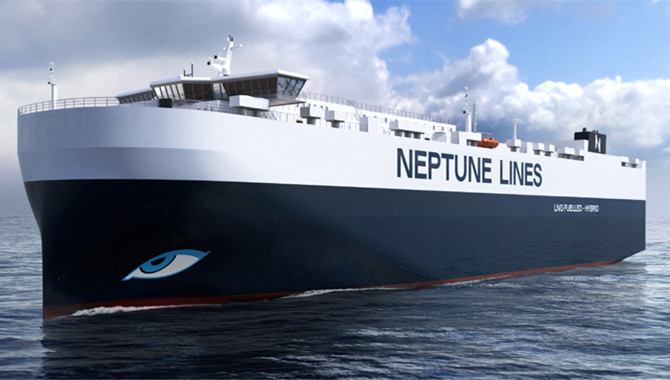
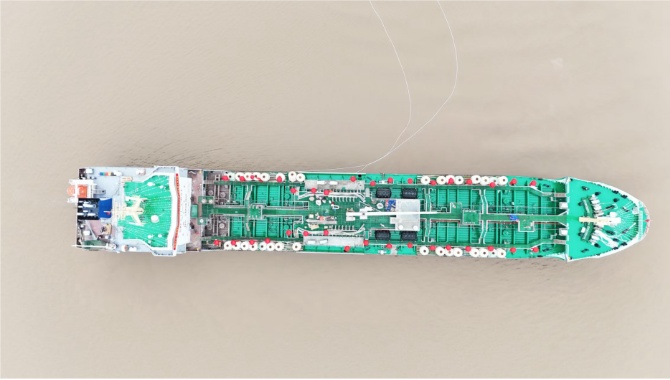 China Launches First Nationwide Methanol Bunkering
China Launches First Nationwide Methanol Bunkering 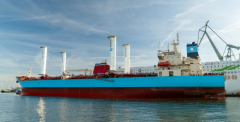 bound4blue completes first eSAIL® installation und
bound4blue completes first eSAIL® installation und  Deck-Capacity Pricing: Why the Forward-Superstructu
Deck-Capacity Pricing: Why the Forward-Superstructu 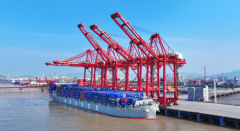 Ningbo Ocean Shipping Announces Order for Four 4,30
Ningbo Ocean Shipping Announces Order for Four 4,30 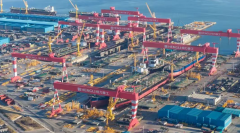 The "Norwegian King of Shipping" Orders Two VLC
The "Norwegian King of Shipping" Orders Two VLC 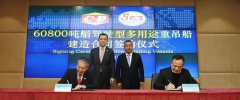 The opportunity has arrived. COSCO SHIPPING Special
The opportunity has arrived. COSCO SHIPPING Special